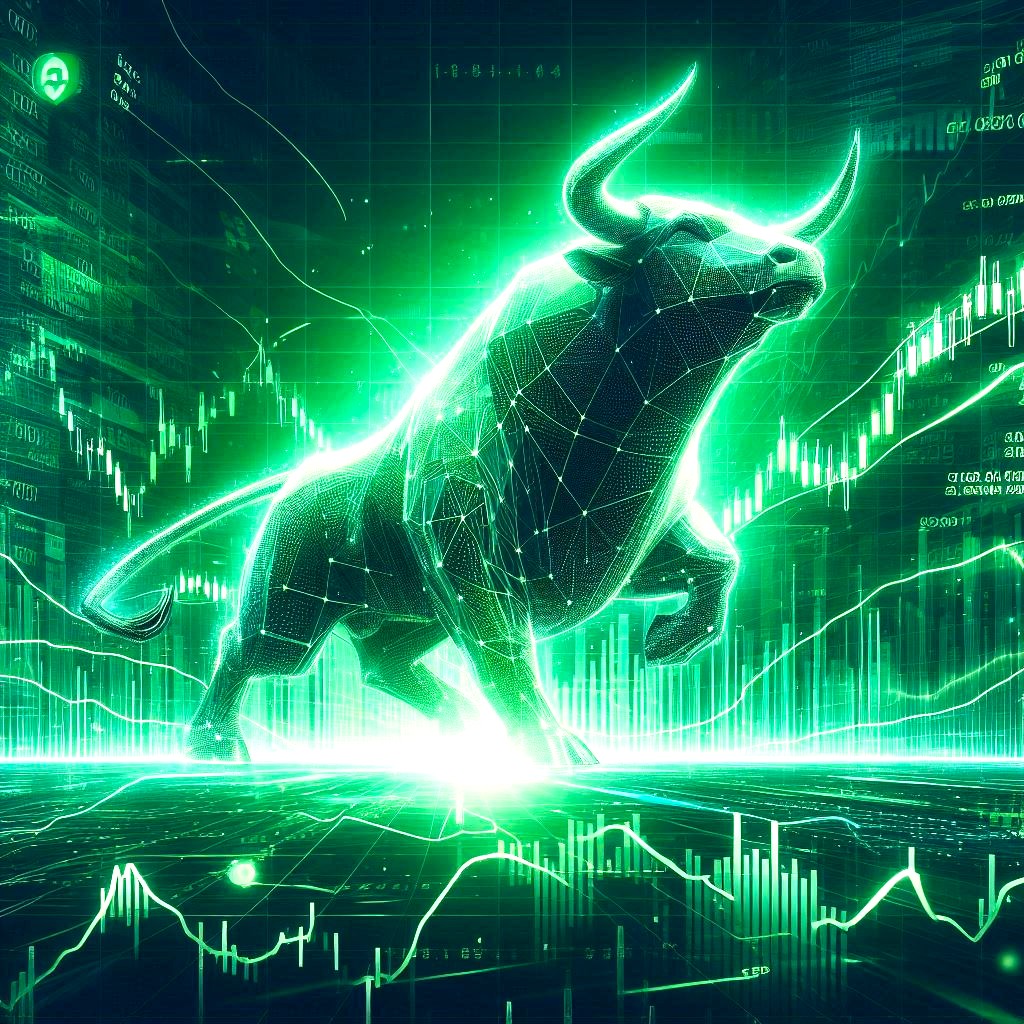As we progress through 2025, it’s evident that the initial excitement surrounding Donald Trump’s election win, artificial intelligence (AI), and cryptocurrency has begun to wane – but for how long?
Investors and the general public seem to be growing more cautious, reflecting a shift in sentiment towards these once highly anticipated topics.
Trump’s tariffs
In the realm of politics, Trump’s influence on the stock market has been notably erratic. His tariff threats and new policies have created uncertainty and volatility, leading investors to react negatively. Trump’s riviera suggestion for the Gaza strip, his interest in Canada and fixation for Greenland ownership have all tilted ‘standard’ political logic.
Recent announcements of additional tariffs on steel and aluminum imports have only heightened concerns, causing stock market fluctuations and dampening investor enthusiasm. The initial optimism that Trump’s policies would bolster the economy has been replaced by a more cautious outlook.
AI
Artificial intelligence, once hailed as the technological revolution of the century, is also experiencing a cooling of enthusiasm. While AI continues to make strides in various industries, the initial hype has given way to a more measured perspective.
Investors are now more wary of the long-term potential and the substantial investments required to develop AI technologies. Companies like DeepSeek, which have claimed cost efficiencies, are causing big tech firms to reevaluate their spending on AI projects, leading to a more tempered approach.
Crypto
Cryptocurrency, too, has seen mixed sentiments. Despite ongoing enthusiasm from dedicated supporters, the market’s volatility and regulatory challenges have tempered the initial excitement.
The dramatic price swings and uncertain regulatory landscape have made investors more cautious. While there are still significant investments and innovations in the crypto space, the euphoria that once surrounded it has subdued.
The excitement around Trump, AI, and cryptocurrency is not as fervent as it once was. The reality of market volatility, regulatory challenges, and the substantial investments required has led to a more cautious and measured approach.
As we move forward, it will be interesting to see how these areas evolve and whether they regain the heightened enthusiasm they once enjoyed.









